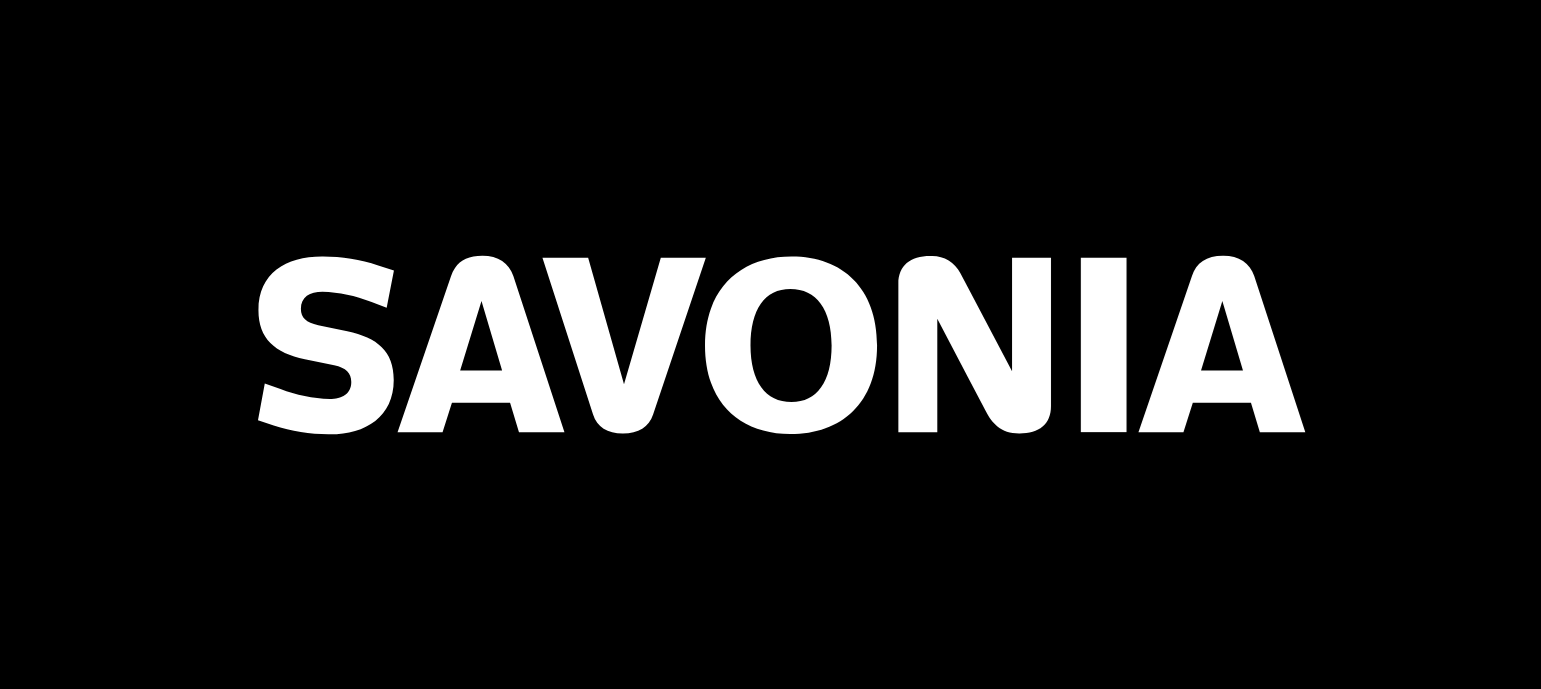Hankkeen tiedot |  |
| Nimi | Local cooperation for circular biowaste in schools and beyond |
| Aloituspäivä | 1.8.2023 |
| Lopetuspäivä | 31.7.2025 |
| www-sivut | https://interreg-baltic.eu/project/foodloops/ |
| Tila | Käynnissä |
| Yhteyshenkilö | Ulla Santti |
| Kuvaus | Contribute to circular economy:
The project FoodLoops helps the selected target groups first of all by bringing them together to build trust and improve mutual understanding of each others' needs when working towards closing the food waste loop. In workshops, they will co-develop cooperation pathways that already include actors upstream and downstream of them on the value chain. In other words, the target groups will have the chance to cooperate with both their potential suppliers and potential customers. By providing a structured and guided platform for them to meet, interact and find ways to cooperate with each other, they will co-create models of local cooperation that already integrate their needs. |
| Kehittämistarve | Closing the BSR biowaste loop remains a challenge but has untapped economic potential. Currently, a large amount of food is thrown away each year, e.g. over 50kg per capita in LT; 4.8mio tons in PL. FoodLoops addresses this challenge in two ways by:
1) Empowering better biowaste separation at source (HoReCa, households, schools), and 2) Facilitating valorisation of unavoidable (food) waste by turning it into products of value, such as compost, that helps close the resource loop. Project’s contribution to the EU Strategy for the Baltic Sea Region - Bio-based business: FoodLoops contributes to new ways of producing biobased products (e.g. through improved waste separation and production of organic compost and fertiliser from unavoidable food waste) and new ways of consuming (by connecting to potential demand and markets for these products, e.g. local organic farmers or local urban allotments) - Civil society: Citizens are reached indirectly in FoodLoops through targeting school administrators, educators and caterers, all of whom have influence on pupils' consumption behaviour as well as production of biowaste products (e.g. through school composting initiatives) |
| Toimenpiteet | Building trust that could lead to further cooperation initiatives
Bringing the Programme closer to the citizens The project is centred around multi-stakeholder engagement activities involving municipalities, local farmers, farmers associations, and school kitchen and caterers. These activities will build trust in a continuous process. It will bring key relevant stakeholders together to foster mutual understanding as well as jointly develop a common biowaste vision, goal, and actions to reach those goals. With increased mutual understanding of each others' interests and motivations, there is a higher chance of further cooperation between them - for example, to implement some of the recommended actions identified together. The project will engage municipalities, local farmers, farmers associations, and school kitchen and catering staff on reducing food waste, turning food waste into value, and shortening food supply chains. Focusing on school canteens, school pupils will be indirect beneficiaries (e.g. through increased supply of locally/regionally produced food), practitioners (e.g. taking part in extracurricular activities in the school food garden, canteen, kitchen…), and multipliers (e.g. bringing what they learn in school back home) |
| Tulokset | In FI, PL and LT, the separation rate of biowaste still has a lot of room for improvement. However, all these countries have recently started testing new solutions. FoodLoops uses this as a starting point and works in these countries to build the multi-stakeholder cooperation needed to address this challenge, while drawing inspiration from successfully implemented solutions in the BSR (e.g. SE, DK). FoodLoops runs replication workshops to facilitate transnational learning by seeing how the solutions that work well in one area can be adapted as a model to be implemented elsewhere in the region.
The topics of food waste valorisation (circular economy in food sector) are gaining increasing prominence in these countries. FI, PL and LT have similarly sized agriculture sectors as a share of their respective GDPs and there is therefore a potential market for biowaste-based fertilisers and transition to an increase in organic farming. In Gdansk, local organic farmers are supported by the municipality by receiving space in the city to sell their food. In addition, there are urban plots (allotments) for residents, who often sell the produce in the city. Similar set-ups exist in other BSR countries (e.g. SE). The learnings from the project activities to connect these various stakeholders with each other may be applicable around the region. There are existing networks and initiatives around Europe on biowaste valorisation. FoodLoops will engage these, especially linking to the H2020-funded HOOP project because it has a strong presence in the BSR. Concretely, FoodLoops will bring its project results to the multistakeholder meetings ('Biowaste Clubs') in Bergen as well as to the regular HOOP Network of Cities and Regions meetings ('HOOP Lunch Talks') that include BSR cities such as Krakow, Warsaw, Bornholm, Guldborgsund, and Copenhagen. In addition, FoodLoops will connect with the IBSR 2021-2027 project 'BSR Food Coalition' (whose LP is an AO in FoodLoops). |
| Kumppanit | Project partners:
Collaborating Centre on Sustainable Consumption and Production gGmbH Municipality of Gdansk Lithuanian Consumer Institute Target groups: Farmers associations in all partner countries Schools administrators in all partner countries Municipalities in all partner countries Caterers in all partner countries |
| Rahoittaja | Interreg IVB Baltic Sea Region |
